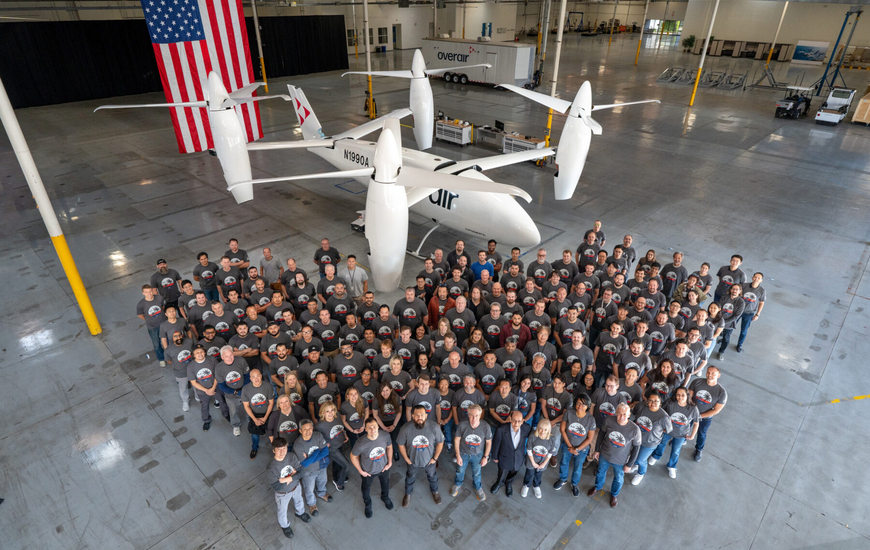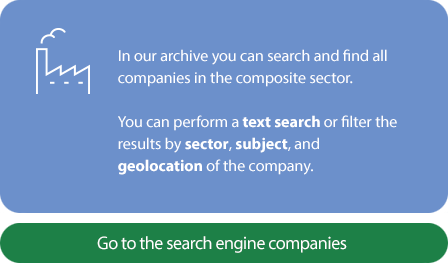Overair, an emerging global leader in advanced air mobility (AAM) and developer of all-electric vertical takeoff and landing (eVTOL) aircraft, announced it completed assembly of the first full-scale prototype of its Butterfly eVTOL aircraft.
This marks a pivotal milestone for the original equipment manufacturer (OEM) following the validation of their full-scale propulsion technology via a 2022 truck-based test. This achievement signals the start of Overair’s vehicle-level testing phase at its Santa Ana, California headquarters, before moving the aircraft to its expansive flight test facility in Victorville, California.
Initial tests, scheduled to begin in early 2024, will focus on validating Butterfly’s propulsion systems, flight control mechanics, safety features, and operational efficiency. The testing will also assess the aircraft’s 55-decibel noise target and performance envelope across diverse flight and weather conditions.
“Assembling our first full-scale prototype vehicle marks the culmination of years of industry expertise, meticulous development planning, innovative engineering, and the hard work of the entire Overair team,” said Ben Tigner, CEO of Overair. “This seamless transition from propulsion testing to a full-scale prototype underscores our dedication to redefining the eVTOL landscape with safer, quieter, and more reliable aircraft.”
Born out of Karem Aircraft, Overair is leveraging decades of VTOL expertise to efficiently develop, manufacture, test and refine its vehicle as it pursues certification and operation designed to match the Federal Aviation Administration’s Advanced Air Mobility Implementation Plan. This vehicle will be the first-ever eVTOL aircraft to be built around Optimum Speed Tilt Rotor (OSTR) and Individual Blade Control (IBC) technologies.
OSTR technology varies propeller revolutions per minute (RPM) to increase efficiency across vertical, transition, and forward flight phases and can reduce power demand at hover by 60%. IBC reduces vibration and propeller loads, enhances safety, provides smoother ride quality, and lowers maintenance costs. Together, these technologies deliver an efficient, quiet, and reliable propulsion system in almost any weather, temperature, or altitude. Additionally, with fewer moving parts than traditional tiltrotors and no single points of failure, Overair owns a unique position in the market.
-

-
27 December 2023
























